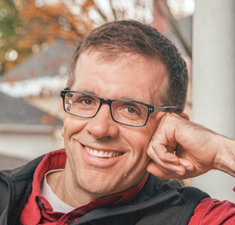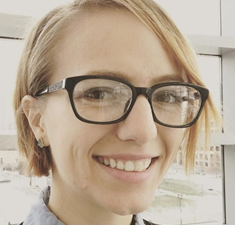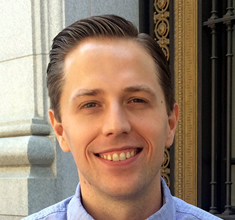Join for the Code, Stay for the Community
 When did you first realize that community management was an actual job? Many of the guests on Community Signal, including Patrick and this week’s guest, Shreyas Narayanan Kutty, got their start in community management by volunteering for causes or topics that they were passionate about. After building communities as a volunteer for the Mozilla Foundation, Shreyas found himself surrounded by community professionals and realized that he wanted to take his work full-time.
When did you first realize that community management was an actual job? Many of the guests on Community Signal, including Patrick and this week’s guest, Shreyas Narayanan Kutty, got their start in community management by volunteering for causes or topics that they were passionate about. After building communities as a volunteer for the Mozilla Foundation, Shreyas found himself surrounded by community professionals and realized that he wanted to take his work full-time.
Shreyas now manages the developer relations community for CoinList, and with seven years of experience managing communities, he has observed a lot of positive change in how the community profession is perceived in India.
Patrick and Shreyas discuss:
- How they each came to the realization that community management can be a viable job
- Opportunities for growth and specialization in the community management profession
- The practices and guidelines that lay the foundation for successful developer communities
 When Trello was acquired by
When Trello was acquired by 
 If you’re working on launching a new community initiative, there are so many case studies, tools, and knowledgeable community professionals to help you along your journey. But what if you’re tasked with sunsetting a community?
If you’re working on launching a new community initiative, there are so many case studies, tools, and knowledgeable community professionals to help you along your journey. But what if you’re tasked with sunsetting a community? When was the last time you thought about that blank text field where members of your community can leave comments? That text field and blinking cursor are the closest we have to pauses between human interaction on the internet. In this episode,
When was the last time you thought about that blank text field where members of your community can leave comments? That text field and blinking cursor are the closest we have to pauses between human interaction on the internet. In this episode,  When you’re booking your next flight and wondering about your in-terminal dining options or which seat will give you the best takeoff and landing views, check to see if you’re preferred airline has a community that can help out with those questions.
When you’re booking your next flight and wondering about your in-terminal dining options or which seat will give you the best takeoff and landing views, check to see if you’re preferred airline has a community that can help out with those questions.  With a global network of content moderators, it seems that Facebook might be the largest employer of community professionals in the world. But even with these resources, their content moderation practices continue to make headlines. Outsourcing this work barely seems to help Facebook keep up with the volume of content that needs to be reviewed, not to mention the toll that this takes on the often
With a global network of content moderators, it seems that Facebook might be the largest employer of community professionals in the world. But even with these resources, their content moderation practices continue to make headlines. Outsourcing this work barely seems to help Facebook keep up with the volume of content that needs to be reviewed, not to mention the toll that this takes on the often 

